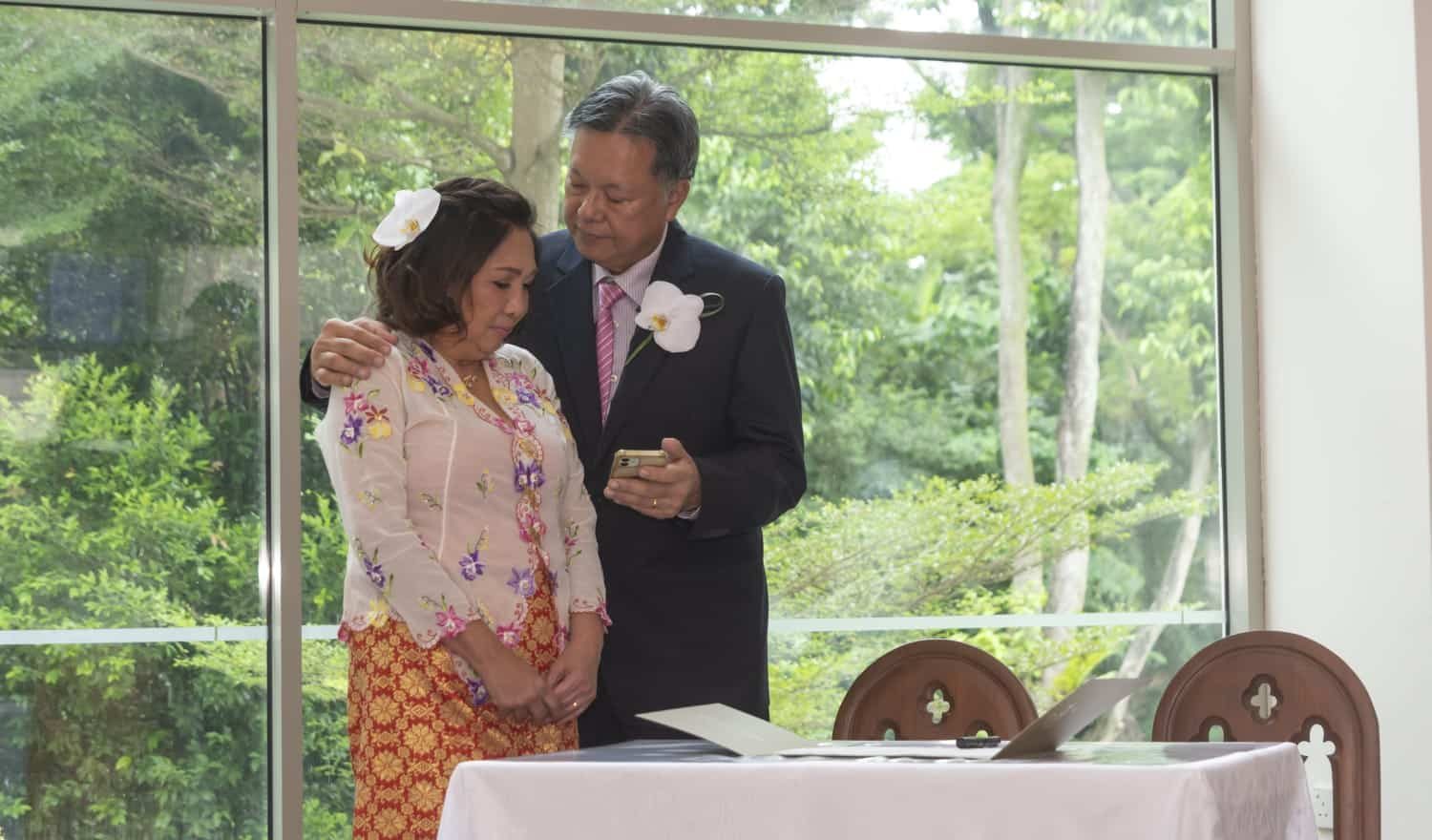
In order to rediscover real communities in our cities, we need to return to the lost art of living together, posits the writer. Photo by Hillary Ungson on Unsplash.
Living in cities has its perks – convenient transport, great amenities, high standard of public health, and so on. But all good things come at a price.
Urbanisation brings with it social alienation, which is the peculiar phenomenon of people drifting further apart as they live closer to one another. This weakening of interpersonal relationships creates a great psychological stress in a species used to living together. It is no wonder that mental illness and suicide are on the rise.
Many older Christians who have lived through the good old days of communal Christianity wonder if the kampung (village, in Malay) of yesteryear is forever gone.
Is it ever possible to experience again the life-giving, faith-building, and joy-inducing community of the New Testament in our modern days?
In the author’s opinion, it is not just a nice idea for Christians to live in community, it is imperative that we do. Because the efficacy of the gospel is inextricably tied to the health of our Christian communities. (In my book – The Gospel Community: Where Sharing Lives is Sharing Christ – I explain why the gospel and community are inseparable.)
The efficacy of the gospel is inextricably tied to the health of our Christian communities.
Unfortunately, the weekly meetings which most churches have on Sundays do not guarantee the formation of true communities. Neither do many of the cell groups we run today take after the image of the New Testament communities.
In order to rediscover real communities in our cities, we need to return to the lost art of living together.
In the course of my research, I came across a thriving urban gospel community in the heartland of England, called The Crowded House. The members of this church gave much thought to the art of living together in a city.
They identified three non-negotiable components of community life: doing ordinary things together, helping one another, and consulting one another in decision-making.
Doing ordinary things together
A true community does things together, and enjoys being together.
Hence members of this community consciously adjust their lifestyles to incorporate all kinds of together-time. They do shopping together, cook together, eat together, wash up together, and go to the movies together. They do not see these activities as church programmes.
Rather they see them as a normal part of life. Their circle of life expands beyond “nuclear family” to “gospel family”. In order to live this way, some even take extreme measures to make it convenient for the community to meet – like relocating to within walking or cycling distances from one another.
Helping one another
Next, a true community helps one another, and derives joy from it.
When we live as a community, our burdens lighten because they are shared. Problems are no longer personal since they are commonly owned. When the Tans need to serve in church on a certain night, their kids will be dropped off at the Lims. And when the Lims cannot buy groceries because they are babysitting the Tans’ children, the Angs will pick up extra supplies when they drop by the grocers.
There is always someone somewhere who is willing to lend a helping hand.
Consulting one another in decision making
Finally, a true community consults one another in important decisions. The members of this community understand that decisions are like pebbles thrown into a pond. They create waves that ripple through the community.
Hence community members make it a point to hear from others before they make up their minds on something as important as a change of job, a move to another locality, or a large financial investment.
They know that with the community involved, they have the best chance of making sound decisions which benefit everyone.
Obviously, the above commitments require a radical shift in mindset: Christians will no longer see their church as a place where they go for “spiritual activities” like worship services and Bible studies – instead, they will see the church as family; Christian leaders will no longer see their role as managers managing the church’s programmes and budgets – instead, they will see themselves as parents and elder siblings.
How many Christians really live like this?
Apparently, very few.
But thankfully, even just a few such people can make a difference.
As these people are extremely salty, I believe a handful of them can lead a quiet but irresistible revolution that will eventually shake the church to the core.
Why not join with other like-minded people and families around you and embark on this radical journey together?
Extracted from Together Alive – Rediscovering Community Living in God’s Family (Copyright 2017 by Lam Kuo Yung) published by Discovery House. Used with permission of Discovery House. All rights reserved.
Reflection and Discussion
- What is your idea of an ideal church community? Can you share some community experiences which you think represent this ideal?
- Read Acts 2:42-47. The first church in Jerusalem is often referred to as the “Acts 2 community”. What is so attractive about it?
- Review the three non-negotiable components of community life identified by The Crowded House. How do you think you can work on them?
We are an independent, non-profit organisation that relies on the generosity of our readers, such as yourself, to continue serving the kingdom. Every dollar donated goes directly back into our editorial coverage.
Would you consider partnering with us in our kingdom work by supporting us financially, either as a one-off donation, or a recurring pledge?
Support Salt&Light



